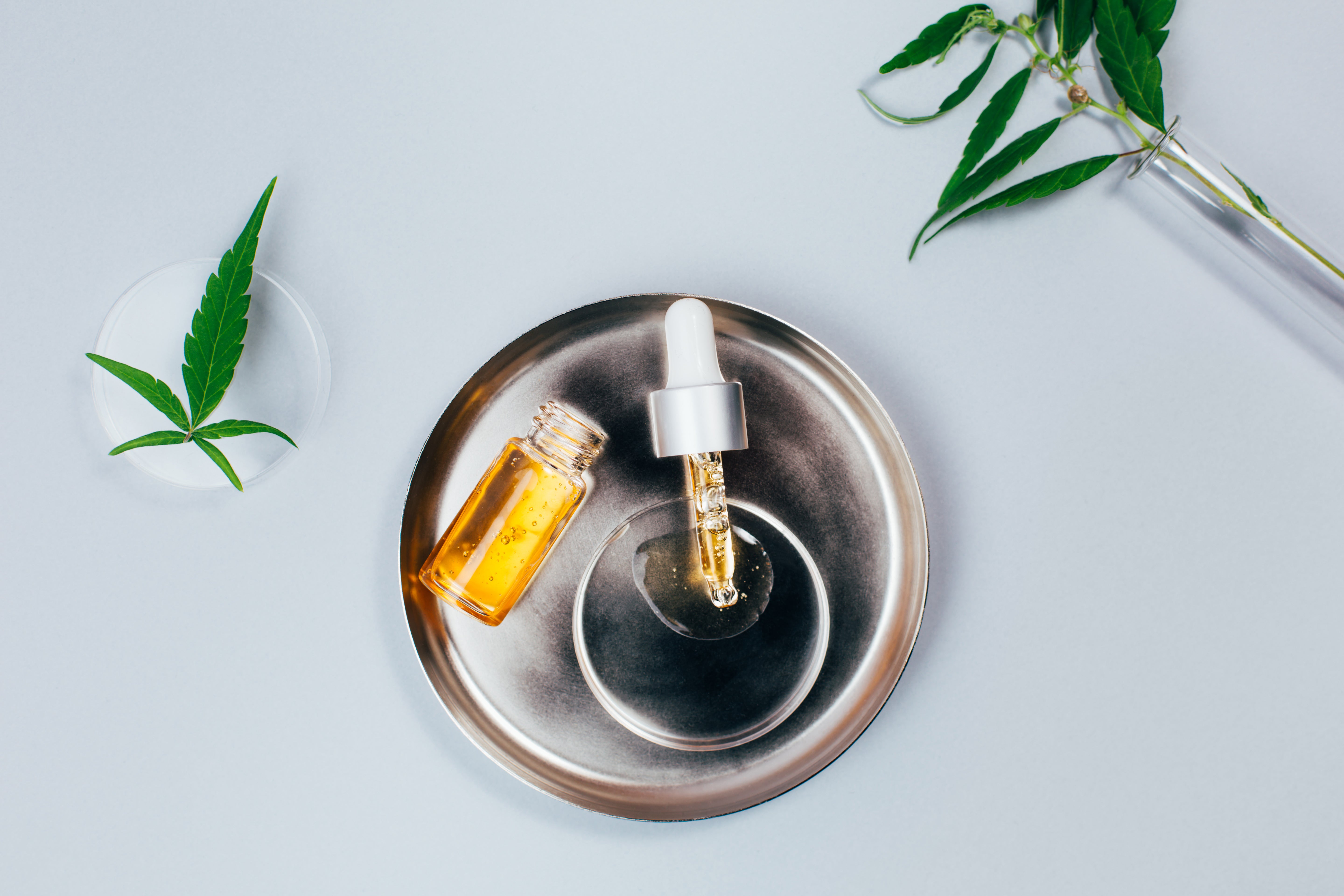"The skin is the mirror of the soul," "it gets under your skin," "that (doesn't) bother me." All these sayings are very common in our everyday language. And they're not without reason. Stress and what it does to the entire body does indeed have an impact on the skin. Learn what these effects are and what you can do about them here.
What is stress actually?
Stress has already become a household word. When someone doesn't have time for a conversation, they often say they're stressed. Anyone who has a lot to do is also stressed. But can stress be defined?
In fact, everyone deals with stress differently. Some are significantly more resilient than others. What's already too much for one person may be just beginning for another. Stress is therefore a very individual phenomenon and therefore difficult to describe in general terms.
Scientifically speaking, stress is anything that causes the body to react. Heat is a good example – the body reacts to it by sweating. Even with a high workload, some people break out in a sweat, and their heart might even race, while others remain relaxed.
How does stress affect the skin?
No matter how stress-resistant you are, you've certainly experienced stress at some point. And this affects the skin—it can truly be described as a mirror of the soul. Our outward appearance can react differently to short-term stress than to chronic stress.
When we're angry, we blush. When we get stressed, we get red spots on our face and décolleté, and when we receive a compliment, our cheeks flush. Fear or even a particularly beautiful song can trigger goosebumps. All of these are automatic processes in the body; we react to emotions. However, these skin changes usually disappear on their own after a few minutes.
But emotions aren't the only thing that affects the skin. Stress can also become chronic. If we're constantly under pressure, for example, because we have to perform at a high level at work, our body releases increased amounts of stress hormones. These hormones can cause unsightly skin changes. Furthermore, increased stress levels lead to a weakened immune system. We become more susceptible to infections, but also to inflammation, which naturally also affects the skin.
The consequences of stress on the skin are either , as the skin barrier's ability to regenerate is disrupted. It loses moisture and begins to feel tight or rough. Stress and dry skin also promote the formation of wrinkles. Conversely, stress hormones can also lead to excessive sebum production, which increases the incidence of blemishes and pimples.

Skin problems can lead to stress
People suffering from problematic skin often experience stress. Visible skin changes like acne or psoriasis often make those affected feel embarrassed. Yet, such conditions are often exacerbated by stress. Conversely, stress can also trigger these changes. You can quickly slip into a vicious cycle where stress causes poor skin, and conversely, poor skin triggers stress.
How should you care for stressed skin?
When it comes to stress-related skin problems, external care is unfortunately only a small part of the bigger picture. Of course, it's still important to take proper care of your skin and not put unnecessary strain on it. Many sufferers then start using aggressive cleansers or completely over-treating their skin in an effort to quickly get rid of the blemishes or dry skin.
The right approach, however, is to pay close attention to what your skin needs. If it's dry, rough, and flaky, you should counteract this with targeted moisturizing care. For example, use our in combination with a moisturizing cream, such as our .
If you suffer from , then make sure you maintain a gentle yet effective cleansing routine. Our combined with our is a great option. Thanks to their mild formulas, both products gently cleanse your skin but penetrate deep into the pores, helping to combat impurities. You can also use a chemical peel once or twice a week. Our gently removes dead skin cells, leaving your skin smooth.

What else can you do to combat stress?
However, proper skin care is only effective if you address the root cause of your problems. Ideally, you should avoid stress in your daily life so that skin problems don't develop in the first place. Of course, this is easier said than done at first, but you can definitely try.
For example, create a balance to your daily work routine. Exercise, as this releases endorphins and prevents stress. Regular meditation helps you relax. After a stressful day at work, a warm bath is a real miracle cure for reducing your stress levels. You can also treat yourself to a relaxing massage every now and then. So, there are a few things you can do to avoid getting stressed in the first place.
Also, actively take time for yourself. We live in a world where we're constantly on edge. Simply lying on the couch and doing nothing makes many people feel guilty. But it shouldn't. Admit to yourself that your body needs rest every now and then and consciously enjoy this downtime. This will also help you become more relaxed.
Conclusion: Stress is poison for the skin
Too much stress puts enormous strain on your body. Your immune system weakens, and infections soon become commonplace. On top of that, too much stress often leads to sleepless nights, which leave you feeling even weaker.
All of this also affects the skin. Excessive stress leads to the release of certain hormones that negatively impact the skin barrier and skin health. Therefore, if you're already noticing skin blemishes or changes due to stress, you should urgently change your daily routine to be more relaxed. Proper skin care is also important during such times. Ideally, you can prevent stress in the first place so that these skin problems don't arise in the first place.


